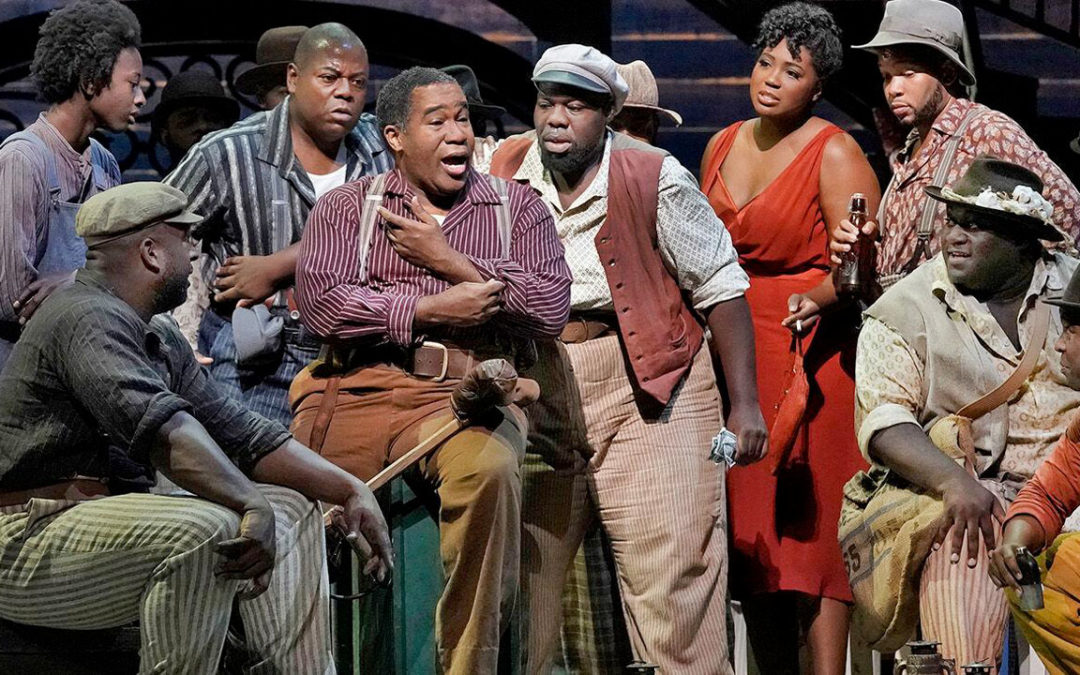Let’s first be grateful, and then let’s take this apart piece by piece.
Last Sunday The New York Times theatre section reported that seven plays by Black authors would open on Broadway this fall: “Chicken & Biscuits,” “Trouble in Mind,” “Lackawanna Blues,” “Clyde’s”, “Skeleton Crew,” “Pass Over,” and “Thoughts of a Colored Man.”
Broadway’s pre-pandemic theater season featured two plays by Black authors. The previous season, there had been just one play and in the season before there had been none.
All seven plays in varying degrees have been time tested off-Broadway, whether it be recently or in the past. They are all interesting and worthy based on their past history and past reviews. With the exception of Lynn Nottage, who is a two-time Pulitzer Prize winner, they all offer new voices about the human condition.
The article wondered whether this trend to welcome Black authors would continue. The fear is that Broadway’s traditional white audiences would not attend these plays and thus they might fail financially.
Historically, something like only one out of five Broadway plays ever recoups its expenses.
To produce a play on Broadway is extremely expensive. The New York Times article reported: “According to filings with the securities and exchange commission, ‘Thoughts of a Colored Man’ is costing up to $5 million to mount; ‘Chicken & Biscuits,’ up to $3.5 million; and ‘Pass Over’ up to $2.8 million.”
Also, it would be easy for those who want an excuse to blame the lack of attendance of Black audiences. The Times reported: “In 2018-19, 74 percent of theatergoers were white, and 4 percent were black, according to a demographic report by the Broadway League, a trade association representing producers in theater owners.”
Theaters rely heavily on tourists for ticket sales and all these plays come to Broadway under the threat of the pandemic.
But this may not be an appropriate way to measure success or failure for these plays or their authors.
If these seven plays and their authors do not succeed according to Broadway standards, they will nonetheless have received the blessing of the Broadway brand and will have the afterlife and influence of future performances in one of more of the 74 regional theaters in 29 states and the District of Columbia.
Regional theaters rely more on seasonal subscribers who love theater and remain more open to new works, particularly if they have been blessed with a Broadway production.
Everyman Theatre and Center Stage in my hometown of Baltimore have regularly contributed to putting on such a new works, but now it will be safer for them to continue doing so.
For these playwrights, this new visibility will offer a brighter future for their future works.
Of course, the greatest benefit is for us, the theater-going public, because these new playwrights will finally be able to introduce new stories from a different perspective about our human condition.
Theatre is different than almost any other art form in the way it communicates and has impact. It is a staged conversation which is also a conversation between the stage and the audience. It is powerful because it is intimate and live.
Perhaps these are the conversations that we have been unable to have in a polarized country.

